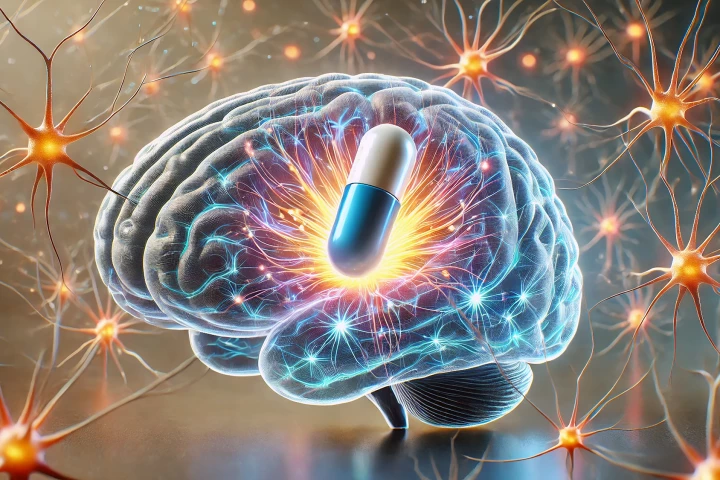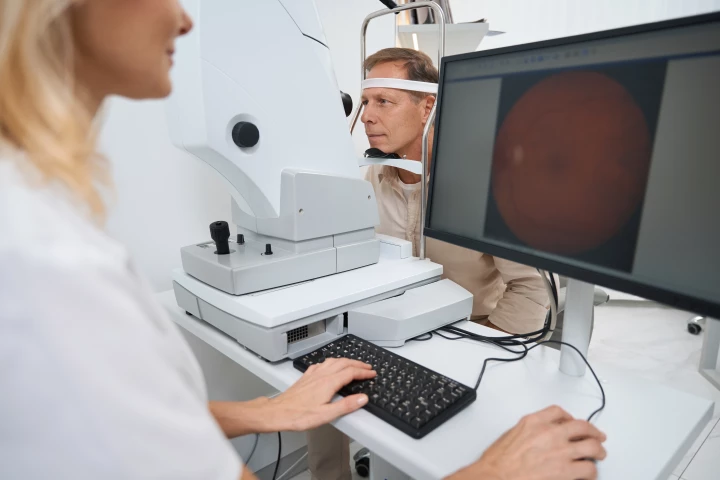Schizophrenia
-
A final-stage clinical trial comparing a long-acting, once-weekly pill to treat schizophrenia symptoms with the existing daily treatment has found that both produce comparable therapeutic effects. If approved, the drug could simplify patient care.
-
The company behind the once-a-day pill that restored lost nerve cell connections in people with amyotrophic lateral sclerosis (ALS), has now set its sights on using the pill to provide a novel treatment for another debilitating disease: schizophrenia.
-
In the largest study of its kind, researchers have found that sharing a childhood home with a kitty can more than double the risk of later developing schizophrenia-like disorders. However, in what may surprise some, it's not entirely the cat's fault.
-
New research has for the first time shown how inflammation in early childhood can affect brain development, triggering epigenetic changes in brain regions linked to higher cognitive functions, and play a role in a variety of neuropsychiatric disorders.
-
Scientists have discovered that attention-deficit/hyperactivity disorder (ADHD), which is largely inherited, directly increases the risk of sufferers also developing major depression, post-traumatic stress, anorexia nervosa and attempting suicide.
-
For the first time, scientists have identified a marker in the retina that may lead to Parkinson’s disease, and it can be detected early, which could be life-changing for those at risk of developing this or other degenerative conditions.
-
Molecular imaging technology has shown the crucial role maternal vitamin D levels play in the early development of the brain cells that produce dopamine. The finding provides a greater understanding of the mechanisms underlying schizophrenia.
-
A first-of-its-kind meta-analysis of 97 studies shows that physical activity can be as, or more effective in relieving symptoms of various mental disorders as traditional treatment, legitimizing exercise as more than just a complementary therapy.
-
Several new studies have shed light on links between diseases not previously thought to be related to viral infections, from a common childhood virus being linked to bladder cancer to an association between hepatitis C and schizophrenia.
-
A new review article is suggesting a number of psychiatric disorders share common gut microbiome perturbations. The meta-analysis found depression, bipolar disorder, schizophrenia, and anxiety all present with similar gut microbial abnormalities.
-
Through experiments on mice with a genetic mutation that causes schizophrenia, scientists in Japan believe they have happened upon a new drug to tackle the disease, and one that is already approved for use as a dietary supplement.
-
A new study is presenting a robust hypothesis to explain how a parasitic infection can alter behavior. The research provides new insights into how neurophysiological changes influence behavior, and points to novel therapeutic research targets.
Load More











